
The First Colorado Cycling Summit
Cycling Season is here, and so is a long list of epic rides throughout the state and surrounding states. Are you ready? Join Avid Cyclist, and other co-hosts for the
By Bicycle Colorado, March 22, 2024
Most people agree that a driver’s sole focus should be on the road when operating a vehicle. Yet, according to a Colorado Department of Transportation study, 91% of Coloradans admitted to driving distracted in the seven days before completing the survey. This survey also revealed that of all the things distracting us, such as interactive dashboards, grooming, eating, and tending to our kids, phones top the list. Once we pick up this communication and entertainment device, the temptation to look at the high-resolution color screen, say to read a text or select a podcast, is too strong for many to resist, which is why Bicycle Colorado is championing SB24-065, a bill prohibiting drivers of all ages from holding mobile electronic devices while driving. Signing SB24-065 into law would add Colorado to a list of 29 states and five U.S. territories with similar legislation.
Despite widespread concern about distracted driving, some people oppose this bill, which is why Colorado legislators failed to pass similar bills in the past and why SB24-065 may fail in 2024. It’s important to remember that rarely is there the perfect bill that garners unanimous support from both sides of the aisle. Almost every bill has pros and cons – reasons to vote YES and NO. Making the case in favor of or against a bill is how our legislative process works, and society is better because of it: many bills signed into law are improved versions of their first drafts, and public debate provides the opportunity to make us a more informed and empathetic society.
So, let’s look at the main arguments for and against SB24-065.
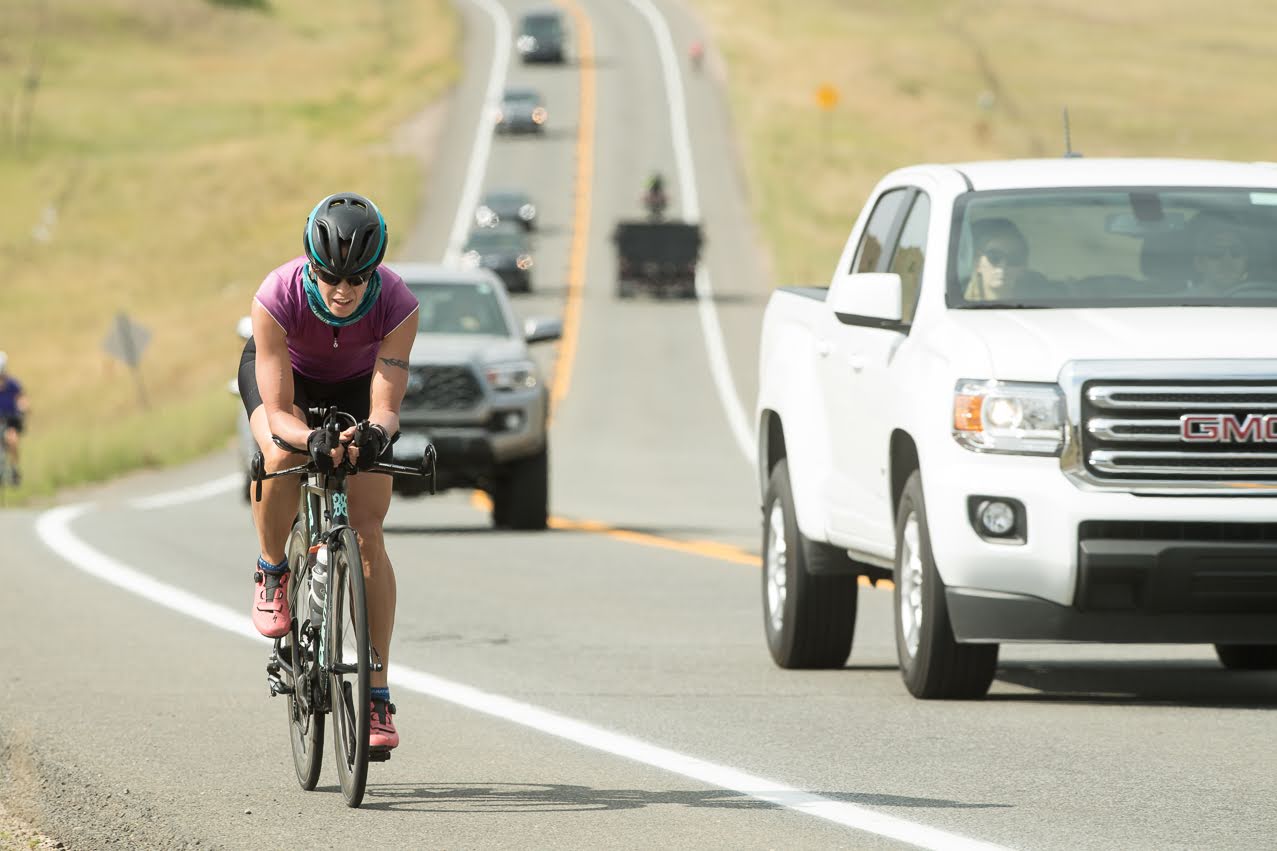
Before making the case for SB24-065, let’s ground ourselves in a hard reality: 716 people died on Colorado roads in 2023, including 153 pedestrians and bicyclists, a record high. Additionally, traffic violence forever altered the lives of thousands of other people who suffered severe bodily injury. And although traffic violence does not discriminate, it does disproportionally kill people of color.
Crashes due to distracted driving are challenging to measure as they are mostly self-reported, which means that the data underrepresents the scope of the problem. Nevertheless, according to the Colorado Department of Transportation, 72 people were killed by distracted drivers in 2021. The bottom line is that traffic violence has reached the level of a public health epidemic, and phone use when driving is a major contributing factor.
Here are a few reasons why passing SB24-065 is a critical step in addressing this public health epidemic:
In summary, the law works, is common sense, and is supported by the vast majority of the driving public.
The most common argument against SB24-065, which deserves close attention, is fear of racial profiling by the police. Opponents argue that the potential risk of increased racial profiling by police is too great and outweighs the potential benefits of reduced distracted driving and fatalities. To be clear, opponents agree that distracted driving is a problem. What they disagree with is that this law will make a sufficient dent in distracted driving to warrant accepting the risk of increased racial profiling.
For years, our team has worked hard to understand how using the criminal justice system to improve bicyclist and pedestrian safety could have unintended consequences, such as racial profiling by police. Conversations with people in communities of color, including people who have been racially profiled by law enforcement, have strongly influenced our thinking. In the case of SB24-065, we have learned that some people of color support the bill despite their concerns about racial profiling. Understandably, we have also learned that some people of color don’t support this bill despite their concerns about distracted driving. To paraphrase one person we spoke with who supports the bill: I have been racially profiled by law enforcement, and I have almost been hit by a distracted driver while riding my bike. I fear both. Asking me if I support this bill is like asking if I want to accept being racially profiled or hit by a distracted driver.
Our heart breaks for those who have been unjustly targeted by law enforcement or fear this experience. We must acknowledge that this law may result in racial profiling. However, we must also acknowledge a few truths: Distracted driving due to phone use will result in fatal crashes, and this law will save lives. Finally, we remain committed to supporting effective non-police alternatives to traffic safety enforcement, yet we strongly believe this bill is crucial to reducing risks for vulnerable and underserved communities.
A second argument that some make against SB24-065 is we should focus our energy on building infrastructure that prioritizes the safety of all people, especially bicyclists and pedestrians, over moving as many vehicles as quickly as possible. This point is often coupled with racial profiling concerns because many communities of color lack the most basic yet essential infrastructure, such as sidewalks, and are bisected by dangerous high-speed, multi-lane roads that resemble highways. We strongly agree that improving infrastructure is the most effective way to reduce traffic fatalities and that we must accelerate infrastructure investments and prioritize historically neglected communities.
There are two challenges with changing the built environment, which makes it necessary to pursue additional solutions to improve safety while we advocate for better infrastructure. First, there are places in Colorado, many in suburban and rural areas, where using infrastructure to create physical separation between vehicles and bicyclists is not an option. In other words, there are places where bicyclists will always need to share the road with vehicles and trust that drivers will be paying attention.
Second, given the current funding levels and how government agencies operate, building all the essential infrastructure needed to keep people safe will take decades. As we fight for better infrastructure, we must also take other actions to protect people, such as passing this bill. (Note: We are also advocating for SB24-036, which would generate $18 million annually for bike and pedestrian infrastructure.)
To those who oppose SB24-065, we hear you. However, after careful consideration, we believe the legislature should pass this bill, and the governor should sign it into law.
It will take a lot of work over the next month to get this bill through the legislature and to the Governor for his signature in May. We need your support. If you want this bill to become law, please sign up here to receive our legislative action alerts, which makes it simple to ask your elected representative to support bike- and pedestrian-friendly legislation. Finally, the work of Bicycle Colorado is made possible because of the support of their members and donors. Colorado Avid Cyclist is proud to be one of them. If you are not a member or donor, please consider becoming one. You can become a member of Bicycle Colorado or donate by clicking here.
We need your support to pass this common sense legislation. Sign up HERE to receive action alerts, which make it simple to ask your legislator to support SB24-065.
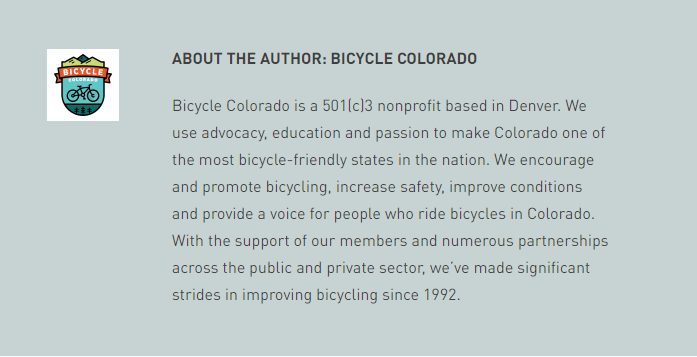

Cycling Season is here, and so is a long list of epic rides throughout the state and surrounding states. Are you ready? Join Avid Cyclist, and other co-hosts for the
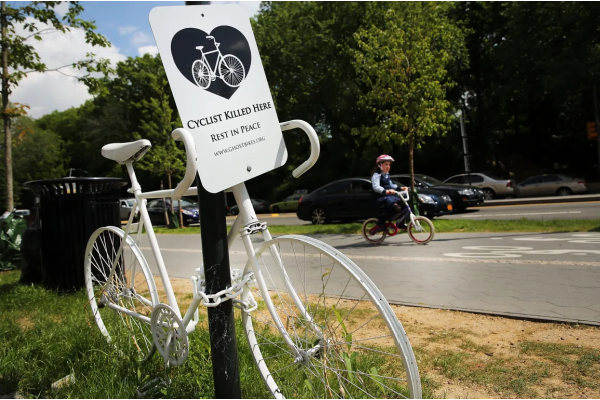
By: Brad Tucker I have been practicing law for over thirty-five years, the majority of which has included representing bicyclists who have been hit by drivers who disregarded the safety
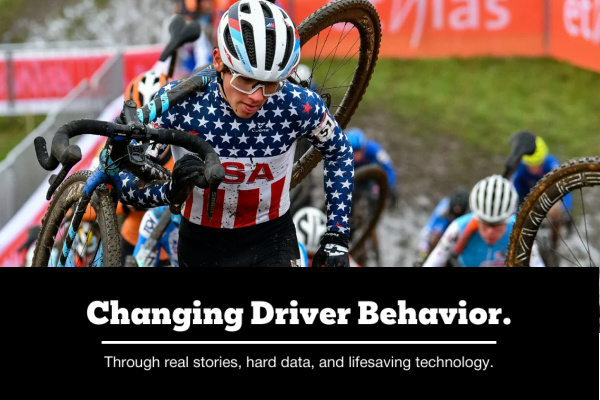
April 8, 2025 Propelled by the powerful stories of victim families, SB25-281 includes new mandatory chemical testing clause BOULDER, CO /ENDURANCE SPORTSWIRE/ – The White Line, founded in memory of 17-year-old

Boulder, Colorado- After a week long trial, late Friday evening, a Boulder County jury found Yeva Smilianska guilty of Vehicular Homicide-Reckless Driving in the death of Magnus White. The jury,

The 2025 Karen Hornbostel Memorial Time Trial Series p/b Cobras Cycling Team has entered its second week! Ryan Muncy of Ryan Muncy Photography was there to capture images of a chilly afternoon. Make
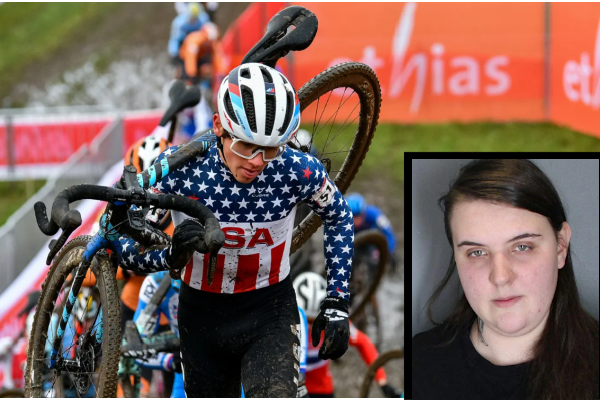
By: Gary Robinson, Avid Cyclist Jury selection began Monday morning for the suspect driver accused of striking and killing Colorado teen cyclist Magnus White near his home in Boulder. Yeva